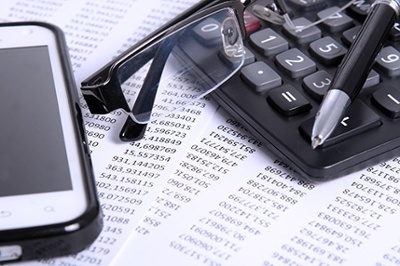In any company that strives to be efficient and modern, expense and mileage claim spreadsheets management also has to change and adapt. Traditional management, predominantly based on manual tasks, has become obsolete thanks to the new technological opportunities available. Discover how to implement expense report management 3.0 in your company.
Among other features, business management 3.0 is characterized by better communication between the different parties involved, greater transparency, optimization of the use of the available resources and the use of the latest technologies. In this respect, it is possible to apply the same criteria to expense report management in relation to the trips made by a company’s employees.
The traditional expense report is characterized by being inflexible. It is a template that is identical for all employees, who have to complete it in the same way in order for the process to work properly. Any unforeseen or exceptional situation or adaptation that is required involves a significant amount of disruption for the management of all of the expense reports as a whole. However, this obstacle is overcome by expense reports 3.0, which are more flexible, thanks to formats that can adapt and adjust easily. This is partly due to another of the large differences between these two models: the first is paper-based, with receipts or printed verification and expense reports drafted directly on paper, while the modern expense report is entirely digitized.
This leads to integration. Thanks to digitization, the management of this document can be integrated with other processes in modern companies that are also digitized, such as ERPs, accounting programmes, etc. In contrast, this is not the case with traditional expense reports.
Moreover, modern expense report managementhas a more socializing component, involving more fluid communication. It is not a matter of the corporate traveller submitting the report to their supervisor and forgetting about it, but rather they have real visibility of the approval process, thanks to more transparent management.




